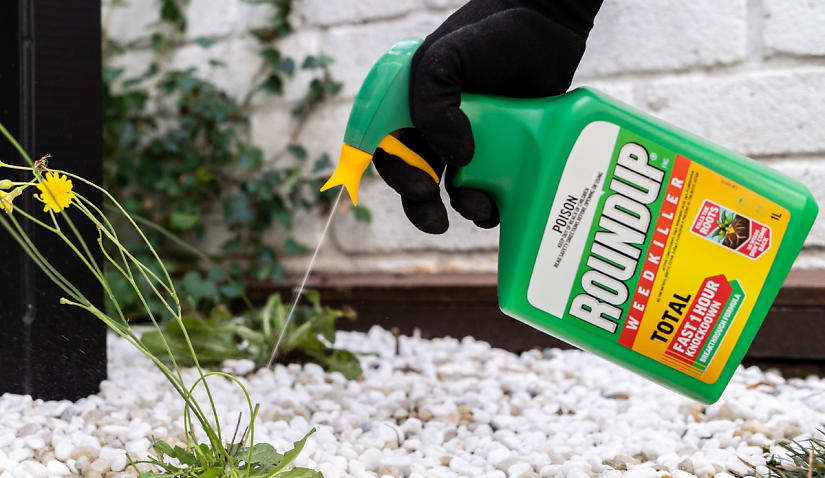A class action that alleged one of the world’s biggest-selling weedkillers caused a type of cancer has failed.

Roundup product. Credit: Facebook.
The 800-strong class action that alleged Roundup led to non-Hodgkin lymphoma (NHL) was dismissed on Thursday (25 July), with the Federal Court siding with Australian manufacturer Huntsman Chemical Company and developer Monsanto.
“It is not proven in this proceeding, on the balance of probabilities … that throughout the relevant period, use and exposure to the Roundup products increased an individual’s risk of developing NHL and/or caused an individual to develop NHL,” he said.
However, Justice Lee acknowledged there was a lot of uncertainty around the evidence, and the “science is not all one way”.
He added that in this particular proceeding, it was the “imperative of a judge, unlike a scientist” to determine whether the burden of proof has been satisfied based on the scientific evidence.
Had the court found the products caused NHL generally, Maurice Blackburn Lawyers would have pursued a further trial to determine whether they caused NHL of specific individuals and whether Monsanto acted negligently or otherwise broke the law.
The lead applicant, Kelvin McNickle, told the court he worked for his family’s vegetation management business for two decades and spent every day spraying weeds with Roundup products.
McNickle said the product frequently dropped or leaked onto his clothes and skin, got into his eyes, and the fumes were inhaled.
He continued to use the product to maintain the lawns and gardens of the Kingdom Hall of Jehovah’s Witness, where he volunteered.
McNickle was first diagnosed in May 2018, went into remission in 2019, but has since been diagnosed a second time.
When it came to costs, Justice Lee said McNickle was of “modest means, presently unwell and has a wife to support”.
While McNickle may be disappointed in the result, Justice Lee said his “labours have not been in vain”.
“His individual case has provided a means by which the evidence currently marshalled has been evaluated and assessed, thus resolving the legal rights of a great many people,” he said.
There will be a further hearing as to costs, but Justice Lee flagged that both parties “share a responsibility for this case not proceeding to trial much earlier and with vastly less costs”.

Naomi Neilson is a senior journalist with a focus on court reporting for Lawyers Weekly.
You can email Naomi at: